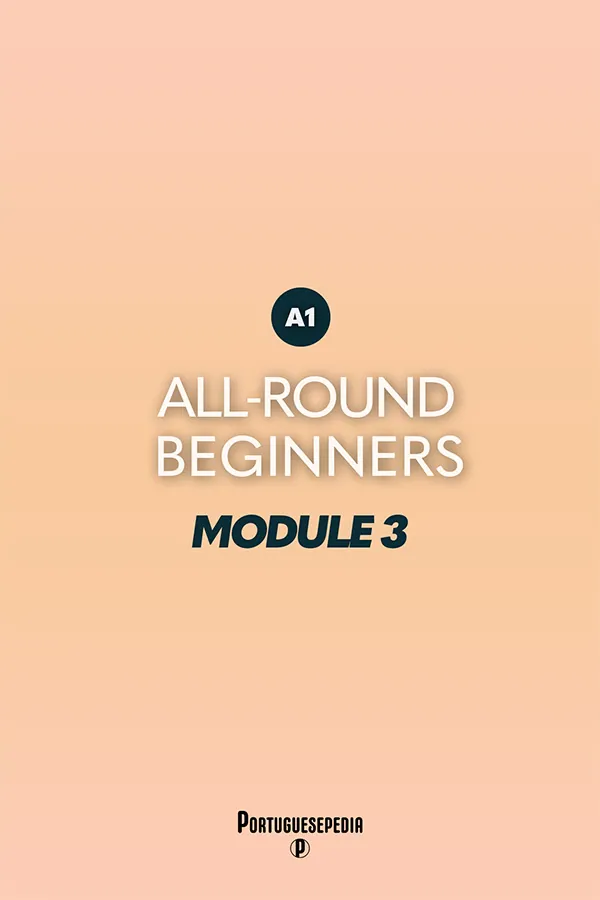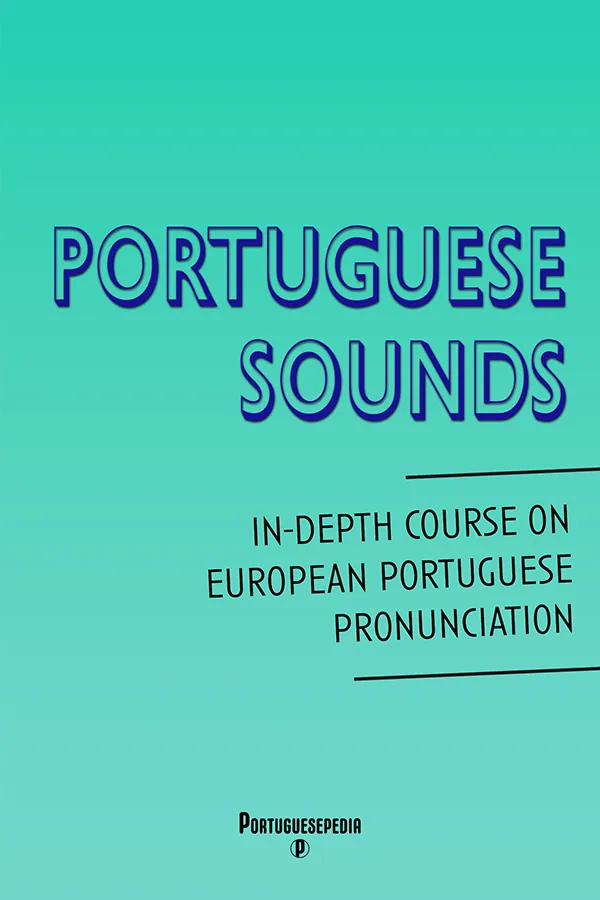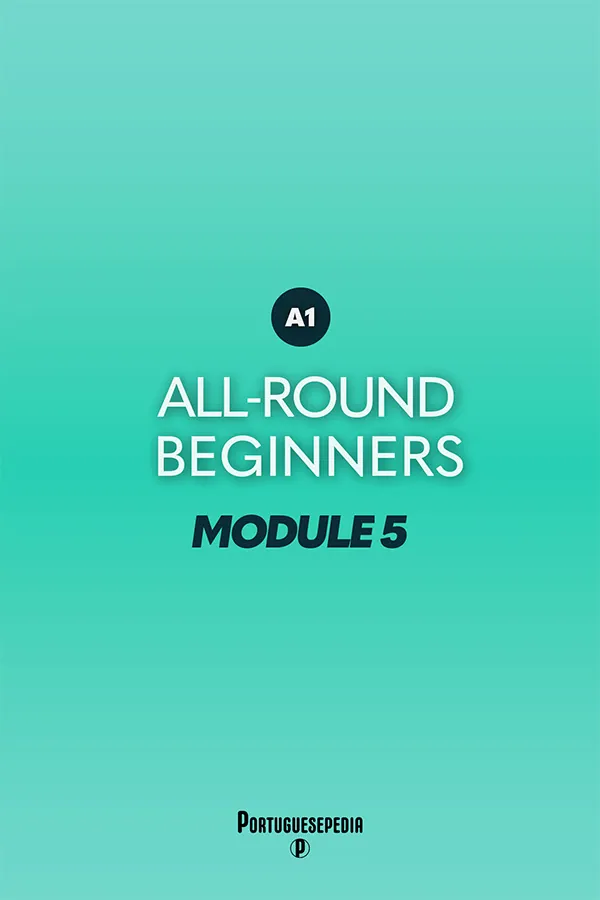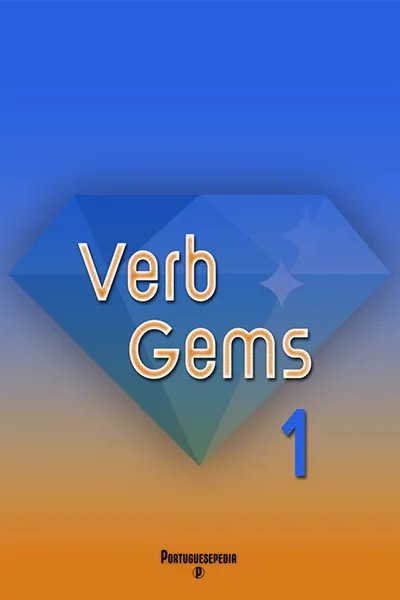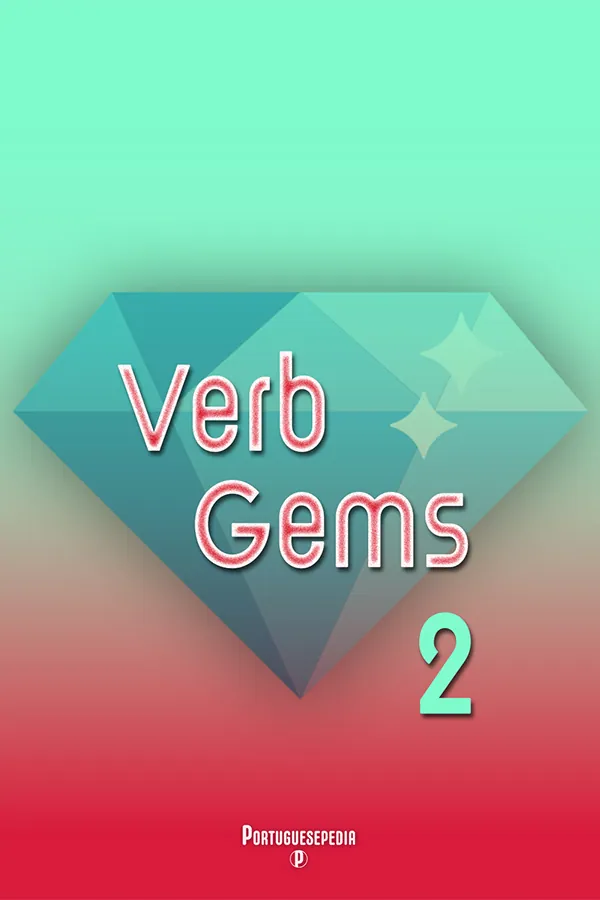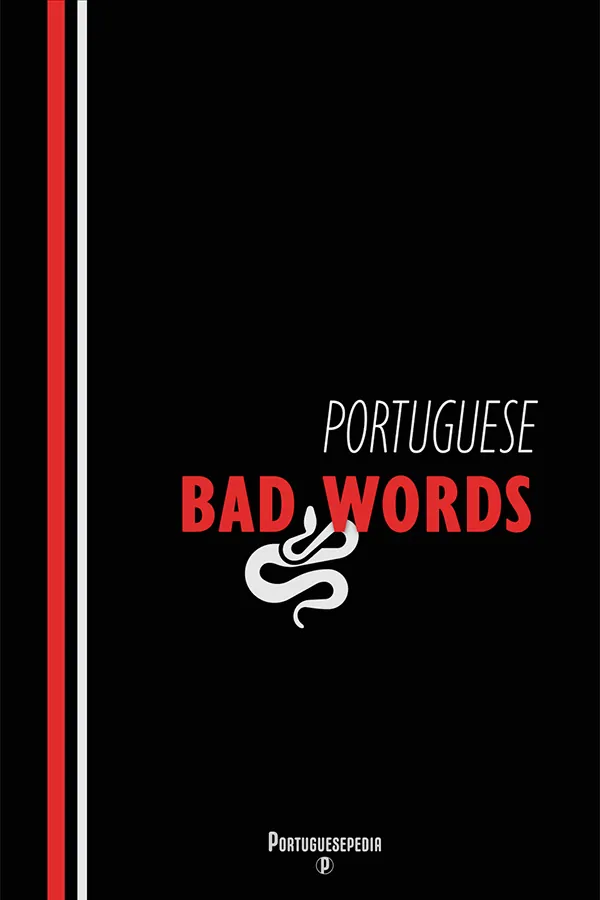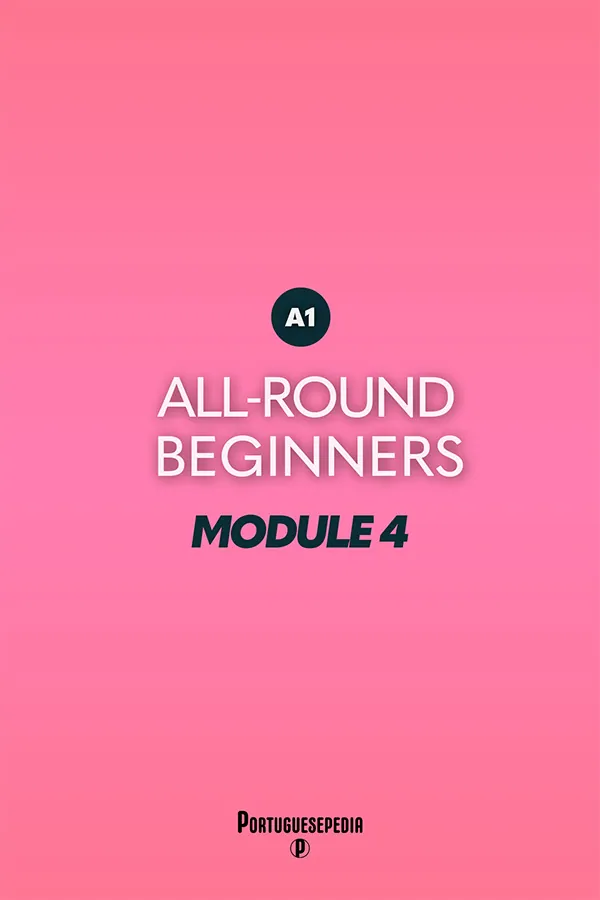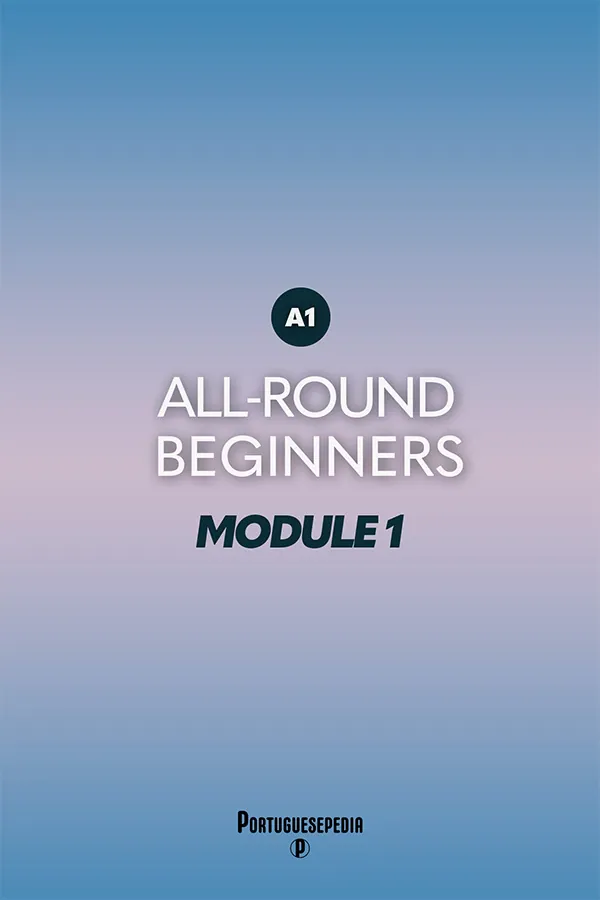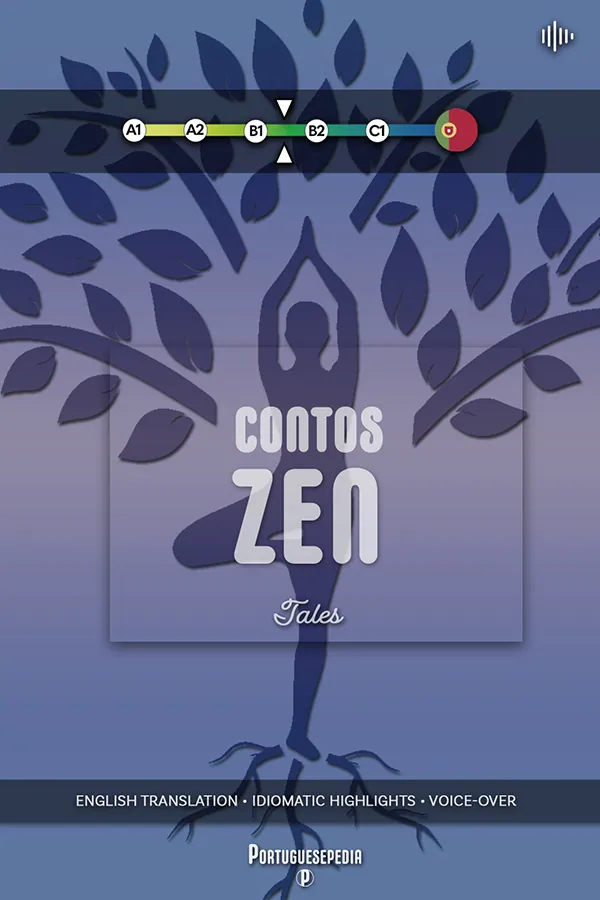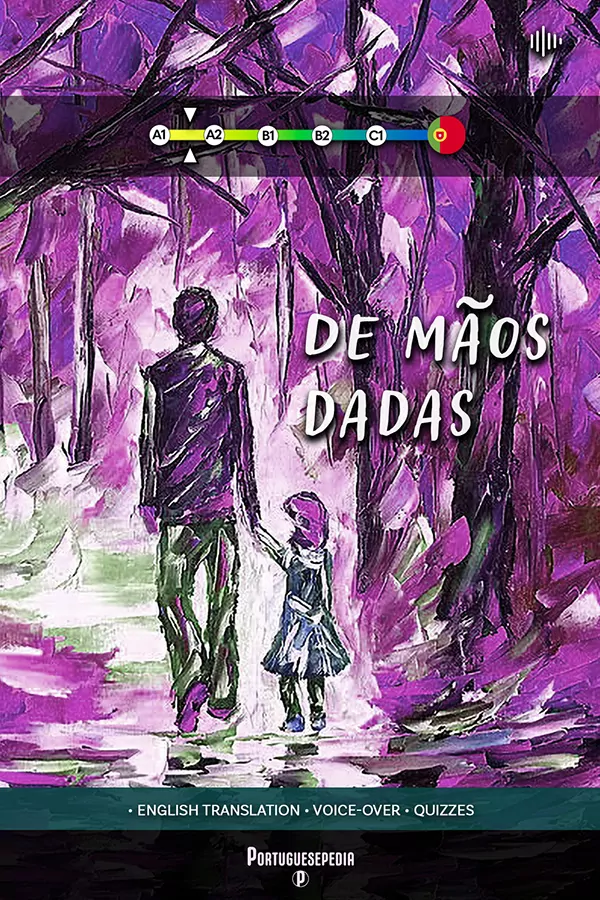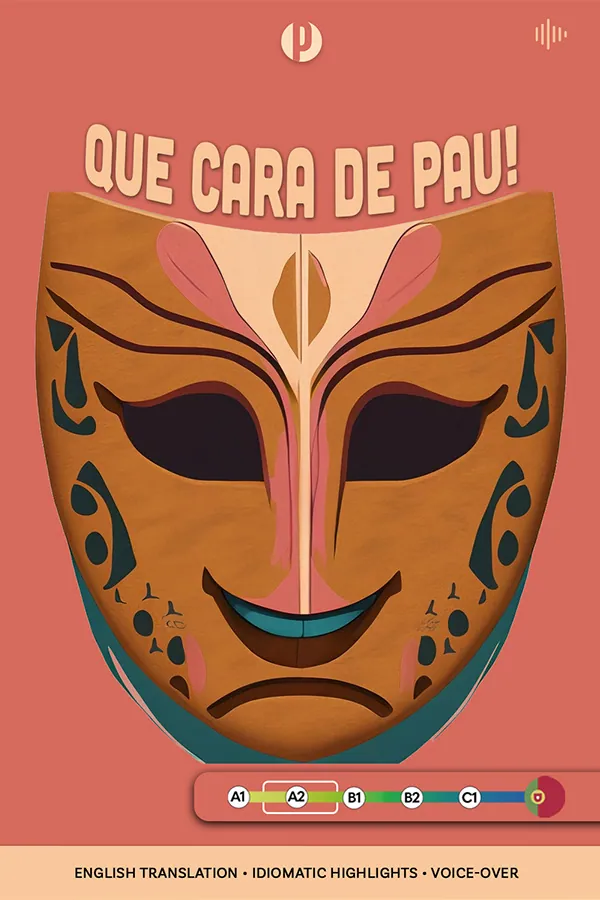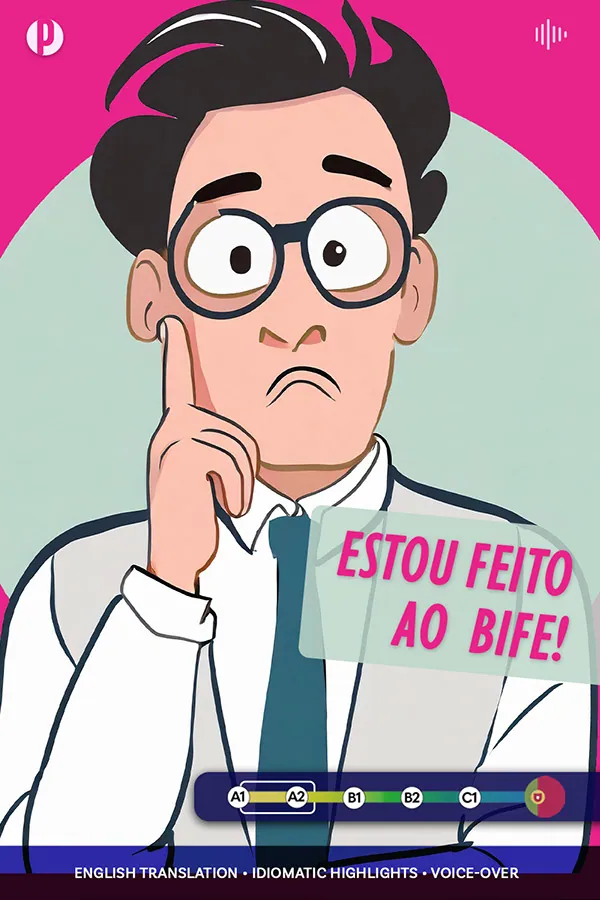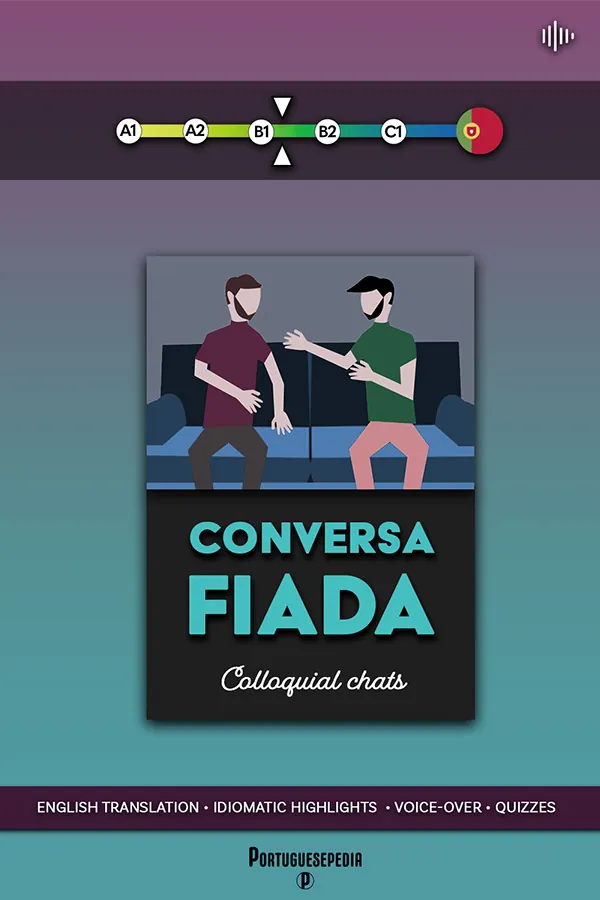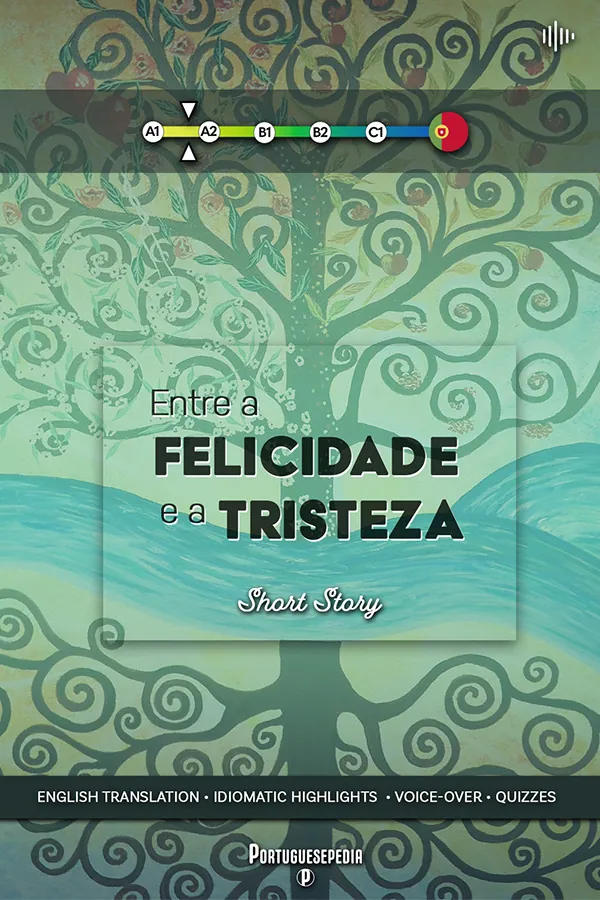Portugalskie przekleństwa: bezwstydna podróż przez silny język portugalski
Choć przez wielu mocno tłumione, przekleństwa mają swoje miejsce w interakcjach społecznych, a mianowicie są potężnym środkiem uwolnienia emocji i ekspresji ludzkiej.
Dla osoby uczącej się języka nauka, jak i kiedy używać mocnego języka portugalskiego, może prowadzić do głębszej więzi z rodzimymi użytkownikami języka, a w konsekwencji do zanurzenia się w języku.
Widzisz, mocny język jest często używany w pozytywny sposób, szczególnie wśród przyjaciół, podczas opowiadania dowcipów i spędzania miłego czasu razem. Wiedza o tym, jak i kiedy przeklinać, sprawi, że łatwiej będzie Ci nawiązać kontakt z rodzimymi użytkownikami języka, co może przynieść korzyści w nauce języka.
The purpose of this blog post is not to instigate unwarranted verbal unpleasantness. Instead, it is meant to give you insight into different nuances of Portuguese strong language and situations in which you could use it smartly and humorously without offending or hurting anyone.
Oto lista najostrzejszych portugalskich przekleństw, jakie ludzie mogą wypowiedzieć, aby dać upust swojej frustracji:
Oczywiście nie wszystkie przekleństwa są tworzone równie szorstko i nie używamy ich tylko wtedy, gdy się wkurzymy. Jest tego o wiele więcej. Czytaj.
Dlaczego przysięgamy?
Often regarded as rude, many believe that swear words find their home among the uneducated and people living on the fringes of society.
Prawda jest jednak taka, że ludzie używają mocnego języka we wszystkich warstwach społecznych i może istnieć ku temu dobry powód. Niezaprzeczalnie przeklinanie działa oczyszczająco i pozwala uwolnić się od gniewu, który w przeciwnym razie utknąłby w środku.
Mocny język działa zatem jak bufor, który zapobiega eskalacji gniewu do poziomu nie do zniesienia, prawdopodobnie unikając dramatycznych wydarzeń w postaci przemocy fizycznej.
Ale przeklinanie służy też innym celom.
Na przykład służy do opowiadania dowcipów lub urozmaicenia opowiadania historii. Wulgarne słowa również odgrywają ważną rolę w rozmowach o seksie, sprawiając, że brzmią one bardziej naturalnie i mniej niezręcznie.
Co ważne, do wyrażania pozytywnych emocji wynikających z silnych przeżyć używa się mocnego języka. Prawdopodobnie dzieje się tak, gdy słyszymy coś w stylu: „Człowieku, to było kurewsko dobre!”
Można powiedzieć: „Wspaniale!” Zamiast. But it’s not the same thing, is it?
Teraz, gdy mamy już pełny obraz tego, czym jest przeklinanie i do czego służy, przyjrzyjmy się zaletom nauki portugalskich złych słów.
Before we go any further, note the following:
In some cases, you will notice that the same word is listed across different categories. That’s hardly surprising. The same word can carry different meanings depending on how you say it and, of course, the context.
Also, not all swear words are equally coarse. While both Fuck! I Crap! can be used to express frustration, Fuck! is more ungracious than the other. Swear words vary along a mild-to-rough continuum and some of the expressions listed below are tagged as either mild, vulgar, Lub rough.
Importantly, the swear words below reflect my Portugal-specific idiomatic awareness. While some of the expressions may have currency across other Portuguese-speaking countries, there are certainly a few that only find use in Portugal.
Irytacja i złość
Mocny język działa oczyszczająco i umożliwia uwolnienie emocji. Ludzie chętnie z niego korzystają, na przykład wtedy, gdy są zirytowani lub źli na coś lub kogoś. Oto kilka portugalskich przekleństw, które służą temu celowi.
| Swear word | Grade | |
| Caraças | mild | A milder version of Caralho, equivalent to Damn! |
| Caralho | rough | A Portuguese equivalent to the f-word. |
| Foda-se | rough | As rough as Caralho! Both can be used interchangeably. |
| Merda | vulgar | Literally Shit! Also common to hear Deixa-te de merdas! as in Cut the crap! |
| Poça | mild | Short for Raios te partam! which translates to May the rays break you in two! |
| Porra | vulgar | A milder version of Caralho! or Foda-se! |
| Puta que pariu | rough | The whore that gave birth … Can be used interchangeably with Caralho! |
| Raisparta | mild | Short for Raios te partam! which literally translates to May the rays break you in two! |
Możesz dodać dodatkowe potoczne uczucie do powyższych wyrażeń, dodając que I pá odpowiednio przed i po. Pá można dodać do nich wszystkich, natomiast que będzie pasować tylko do niektórych. Często zdarza się nawet łączyć różne przekleństwa:
- que merda pá!
- que caraças!
- porra pá!
- que caralho!
- puta que pariu pá!
- foda-se pá!
- raisparta pá!
- foda-se, puta que pariu!
- porra caralho!
- . . .
Podekscytowanie i radość
Rozpoznasz niektóre z poniższych słów z powyższej listy. Wystarczy zmienić intonację, aby to samo słowo przestało wyrażać złość i stało się okrzykiem zaskoczenia i zdumienia.
| Swear word | Grade | |
| Caraças | mild | As in Holy cow! |
| Caralho | rough | As in Fuck! |
| Foda-se | rough | Used interchangeably with Caralho! Also common to say the short version: dass! |
| Jesus | mild | As in Jeez! |
| Meu deus | mild | As in Gosh! |
| Nossa senhora | mild | Literally Our lady! |
| Que puta | rough | Used interchangeably with Caralho! or Foda-se! |
Miało urazić
Istnieje mnóstwo wyrażeń do wyboru, jeśli ktoś ma na celu obrazić kogoś innego. Te obraźliwe słowa mogą mieć ogólny lub bardziej szczegółowy wydźwięk, np. rasistowski, mizoginiczny, homofobiczny itd.
Łagodniejszy
Wiele z poniższych słów ma angielskie odpowiedniki, takie jak stupid, idiot, imbecile, itp. Można ich wprawdzie używać do obrażania, ale często używa się ich również w żartach w gronie przyjaciół.
| Swear word | |
| Cabrão | It literally means billy goat. Comparable to Bastard! |
| Corno | It literally means horn. Often intended to humiliate men by suggesting they are cheated upon by their wives. |
| Estúpido | It literally means stupid as in You stupid! |
| Filho da mãe | It literally means son of a mother |
| Idiota | It literally means idiot as in You idiot! |
| Imbecil | It literally means imbecile. Comparable to Asshole! |
| Palerma | Comparable to What a jerk! |
| Paneleiro | Used disparagingly against gay men. Comparable to Faggot! |
| Sacana | Comparable to Bastard! |
Bardziej szorstki
| Swear word | |
| Filho da puta | Equivalent to Son of a bitch! |
| Monte de merda | Comparable to You piece of shit! |
| Porco(a) | It literally means pig. In practice, it will mean different things depending on if it is used against men or women. Against men, it suggests that someone is sloppy and untidy. Against women, it has sexual connotations insinuating someone being licentious. |
| Puta | Equivalent to Slut! |
| Vaca | It literally means cow and it is used derisively against women. Comparable to You bitch! |
| Vai apanhar no cú | Portuguese version of Up your ass! |
| Vai p’à puta que te pariu (vai para a puta que te pariu) | Equivalent of Go fuck yourself! |
| Vai p’ó caralho (vai para o caralho) | Same as above |
| Vai-te foder | Same as above |
Brudna rozmowa
Oto kilka portugalskich niegrzecznych słów powszechnie używanych w rozmowach o seksie.
Portugalskie przekleństwa oznaczające męskie genitalia
- caralho
- piça
- piroca
- pila
- colhões
Portugalskie przekleństwa określające kobiece genitalia
- cona
- rata
- pachacha
- pito
Portugalskie wyrażenia określające stosunek seksualny
- foda (pierdolić)
- queca (pierdolić)
- rapidinha (szybki numer)
- broche (obciąganie)
- minete (lizanie pracy)

Olá! I'm Pedro and I'm your Portuguese teacher.
Ready to unlock the beauty of European Portuguese? Portuguesepedia is your key! This all-in-one platform provides a wealth of learning resources, from bite-sized video lessons to immersive idiomatic dips. Perfect your pronunciation and aural comprehension with listening drills and solidify your grammar with in-depth articles. Start your Portuguese journey today!
Share this article
Get my guide "Key Strategies to Learn Portuguese" for FREE.










